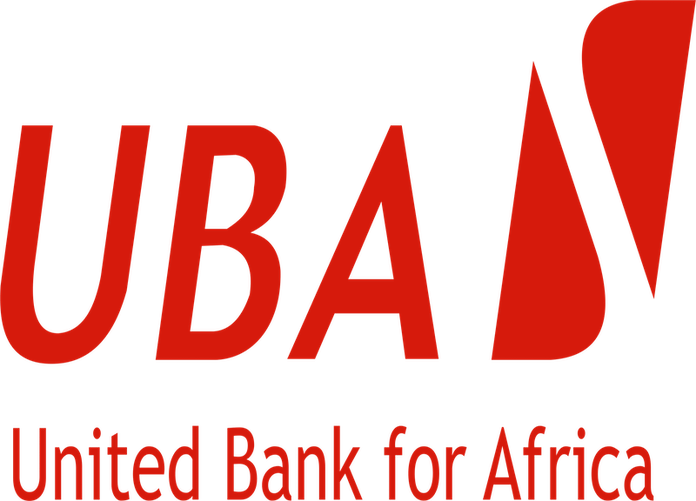- UBA to Expand to Six More African Countries
The United Bank for Africa Plc (UBA) has said it plans to extend its presence in Africa from 19 countries, Nigeria inclusive, to 25 countries by 2024.
The Head, Investor Relations, UBA, Mr. Abiola Rasaq, who disclosed this during a media briefing in Lagos at the weekend, said the bank has developed a cost-effective strategy to achieve this plan. He explained that the bank’s operating licence in some of the African countries allows it to expand into some neighboring countries without raising fresh capital
“The way we are going to do it this time around is a different. Initially, when we went into some of these African countries we operate presently we went in fully as a new bank. In the countries, we are targeting, based on our current strategy and the mapping that we have done, we have opportunity with the licence that we have to move into those countries.
“There are two different types of licences. There is the unit licence and uniform licence. The unit licence only allows you to operate in just one country. In Senegal presently, we have a uniform licence. That uniform licence gives us the priority to actually passport our licence for example into Mali, if we think Mali is right.
“So, our business in Chad presently, holds a uniform licence that gives us the opportunity to passport that licence into Niger Republic if we think the timing is right and there are opportunities in those markets. So, this is a strategy we want to use to go into those markets we are targeting.
“We are using this strategy because we want to be able to sweat the capital we have put in each of the businesses without taking excessive risks in each of the countries. So, with this strategy, we don’t have to raise new capital. This is a lot more cost efficient and we would need little or no capital in those businesses and we are likely to make profit even from year one,” Rasaq explained further.
Earlier, the Group Chief Finance Officer, UBA, Mr. Ugo Nwaghodoh, said the objective of the bank is to grow its business in many other countries to be as big as what it has presently in Ghana, Senegal, Congo Brazzaville and Cameroon.
This, according to him is because of the positive growth projections on Africa from notable institutions such as the International Monetary Fund (IMF).
“One of the areas we are driving business in Africa is in supporting key sectors such as oil and gas, infrastructure, agriculture, top manufacturers and as you are aware, a lot of the markets are rich in commodities and agriculture. And these are the key drivers of these economies. What is very important is that in any market you operate, you play very well.
“We are also pioneering the introduction of certain electronic banking solutions in some of these markets and we are making a lot of money from this. We are deepening our play in these markets, driving financial inclusion and that is helping our business,” Nwaghodoh said.
He, however, declined to disclose the bank’s exposure to Etisalat Nigeria, saying: “We are not unaware of the news around Etisalat’s debt. I think the issue has been overhyped and there is a lot of misconception around what the issues are. What I can tell you is that there is no amount that is due for payment to UBA Plc that has not been paid by Etisalat.”

 Billionaire Watch3 weeks ago
Billionaire Watch3 weeks ago
 Startups4 weeks ago
Startups4 weeks ago
 News4 weeks ago
News4 weeks ago
 News4 weeks ago
News4 weeks ago
 Bitcoin4 weeks ago
Bitcoin4 weeks ago
 Naira4 weeks ago
Naira4 weeks ago
 Forex3 weeks ago
Forex3 weeks ago
 Treasury Bills4 weeks ago
Treasury Bills4 weeks ago



























